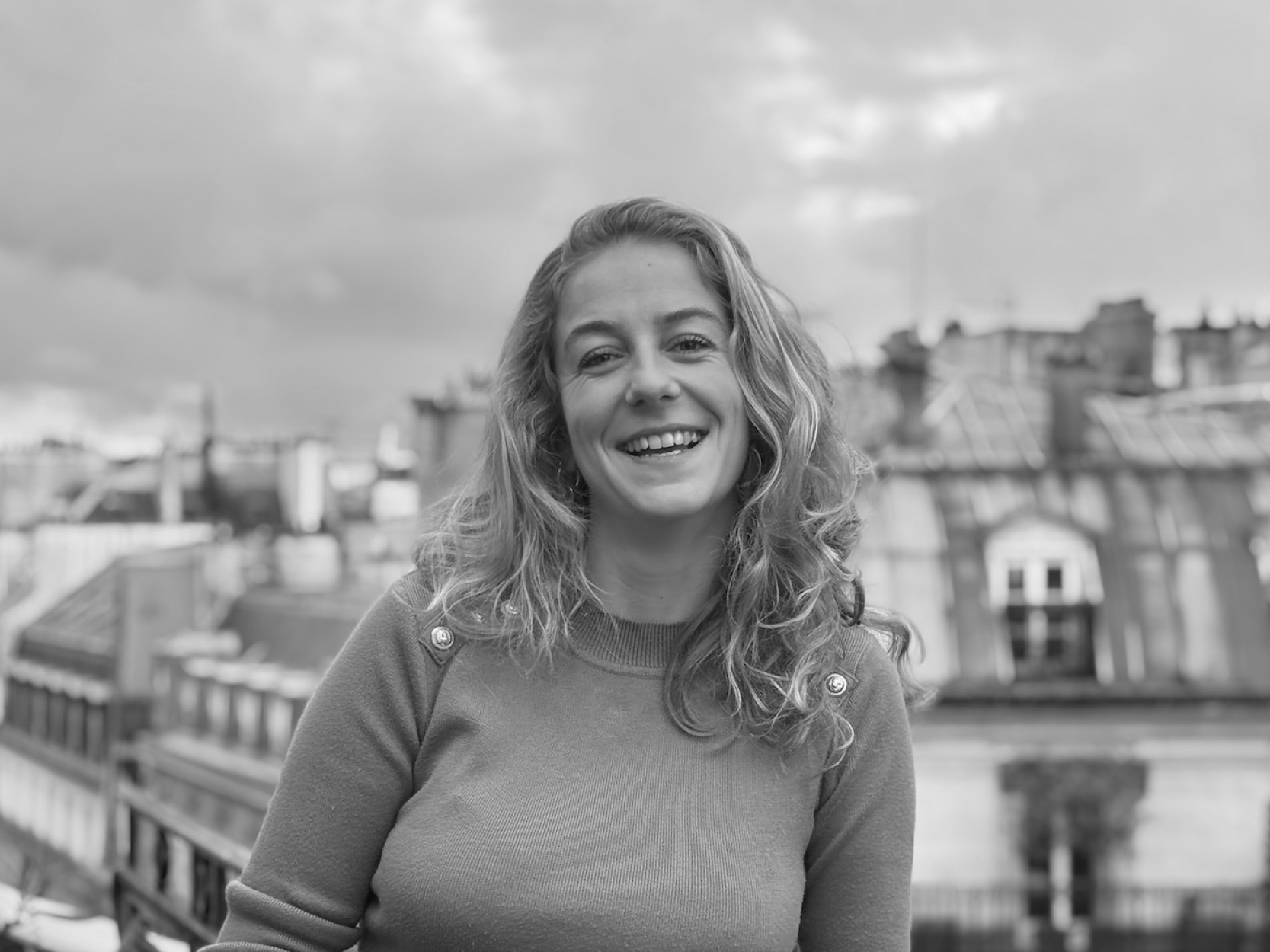
Lead Translational Scientist
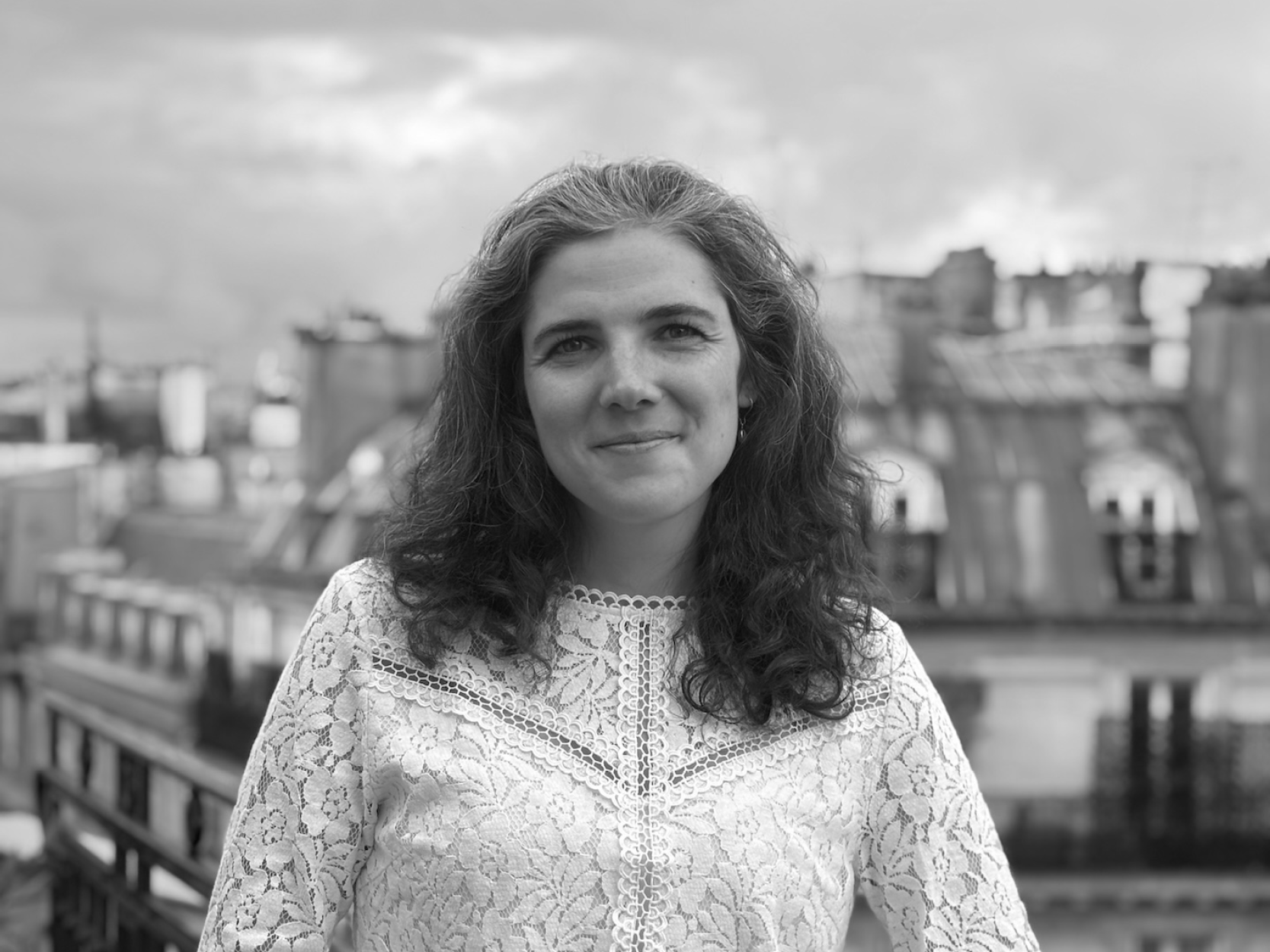
Lead Computational Biologist
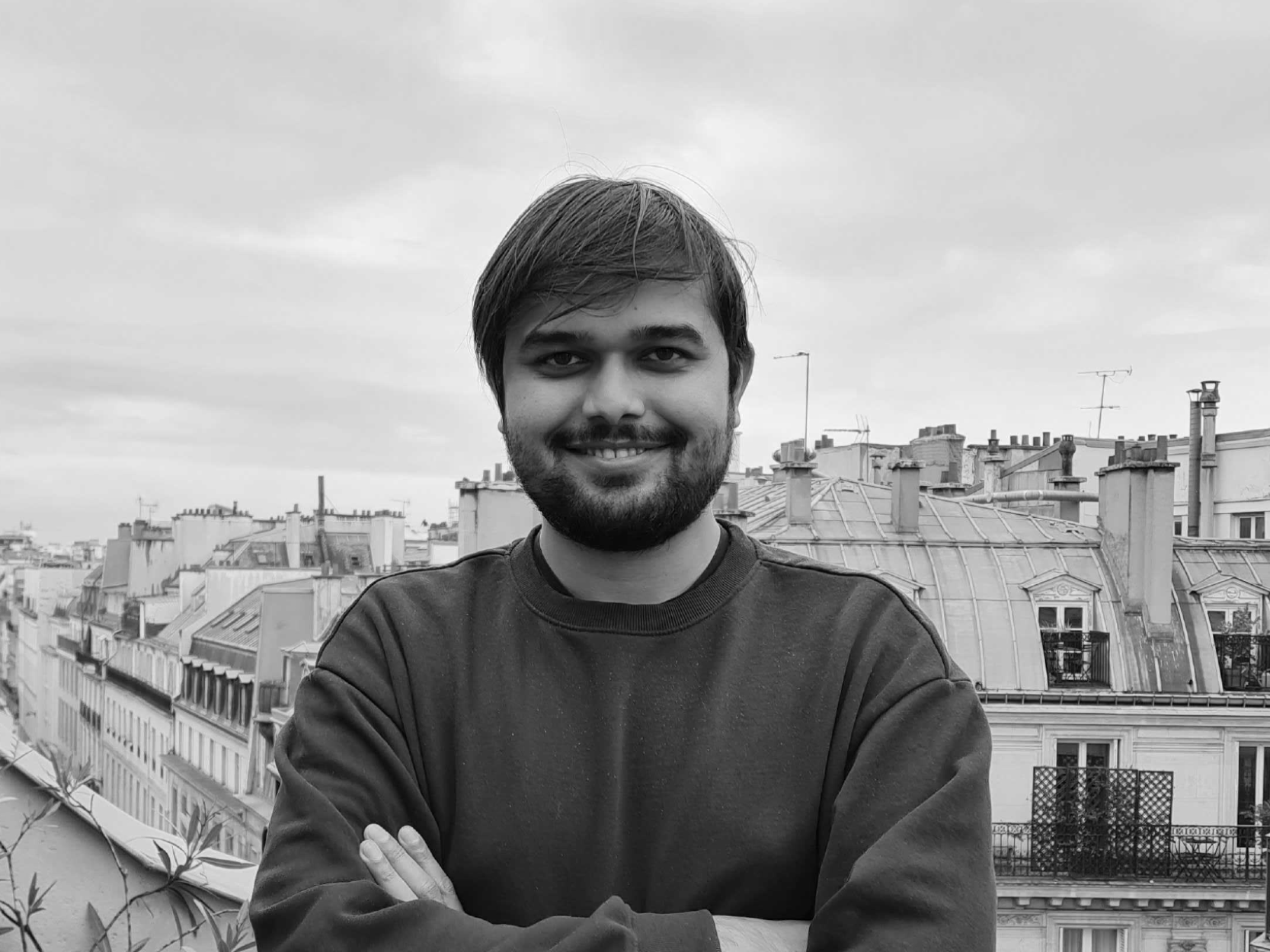
Lead Product Manager
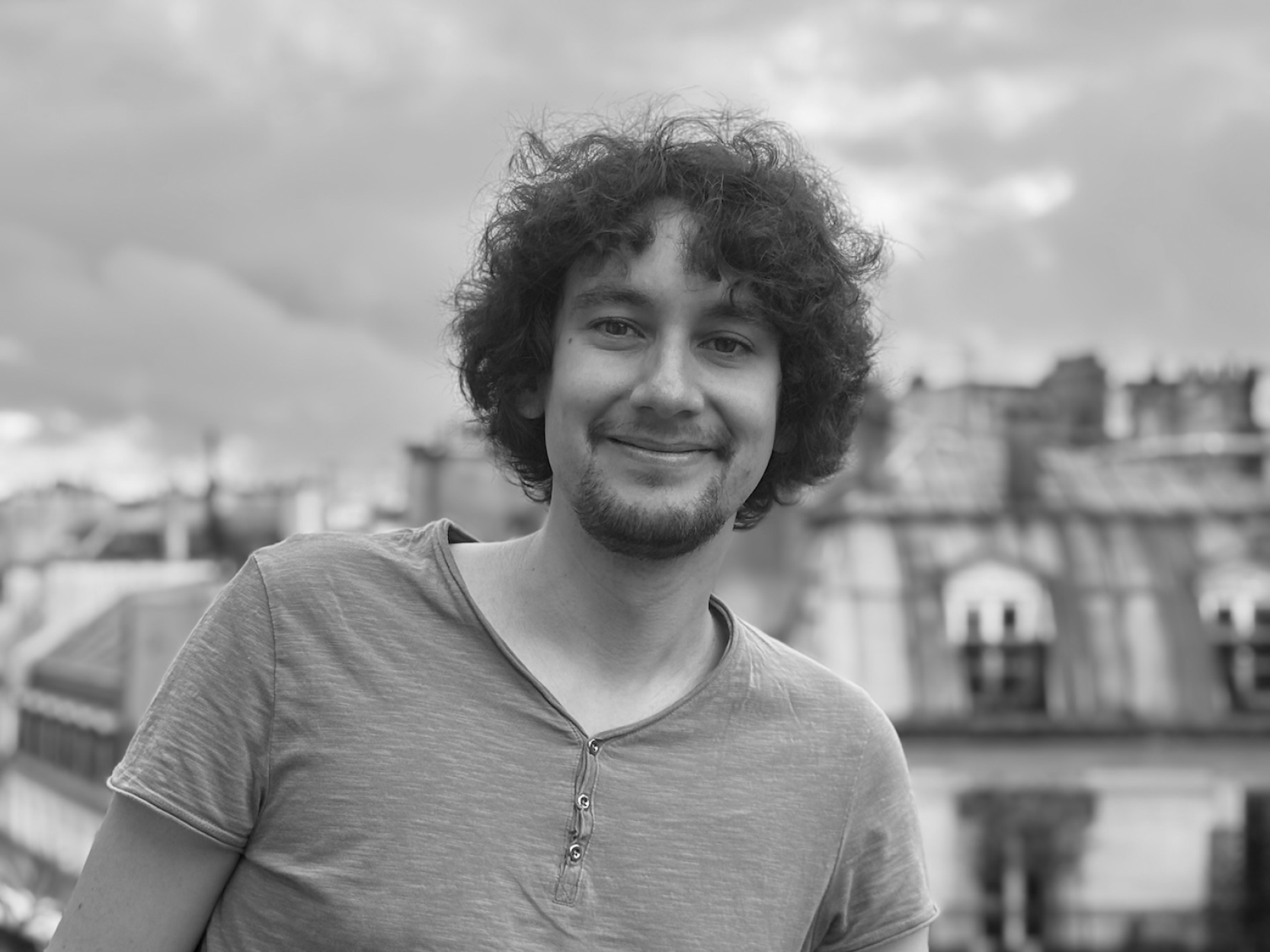
Lead Software Engineer
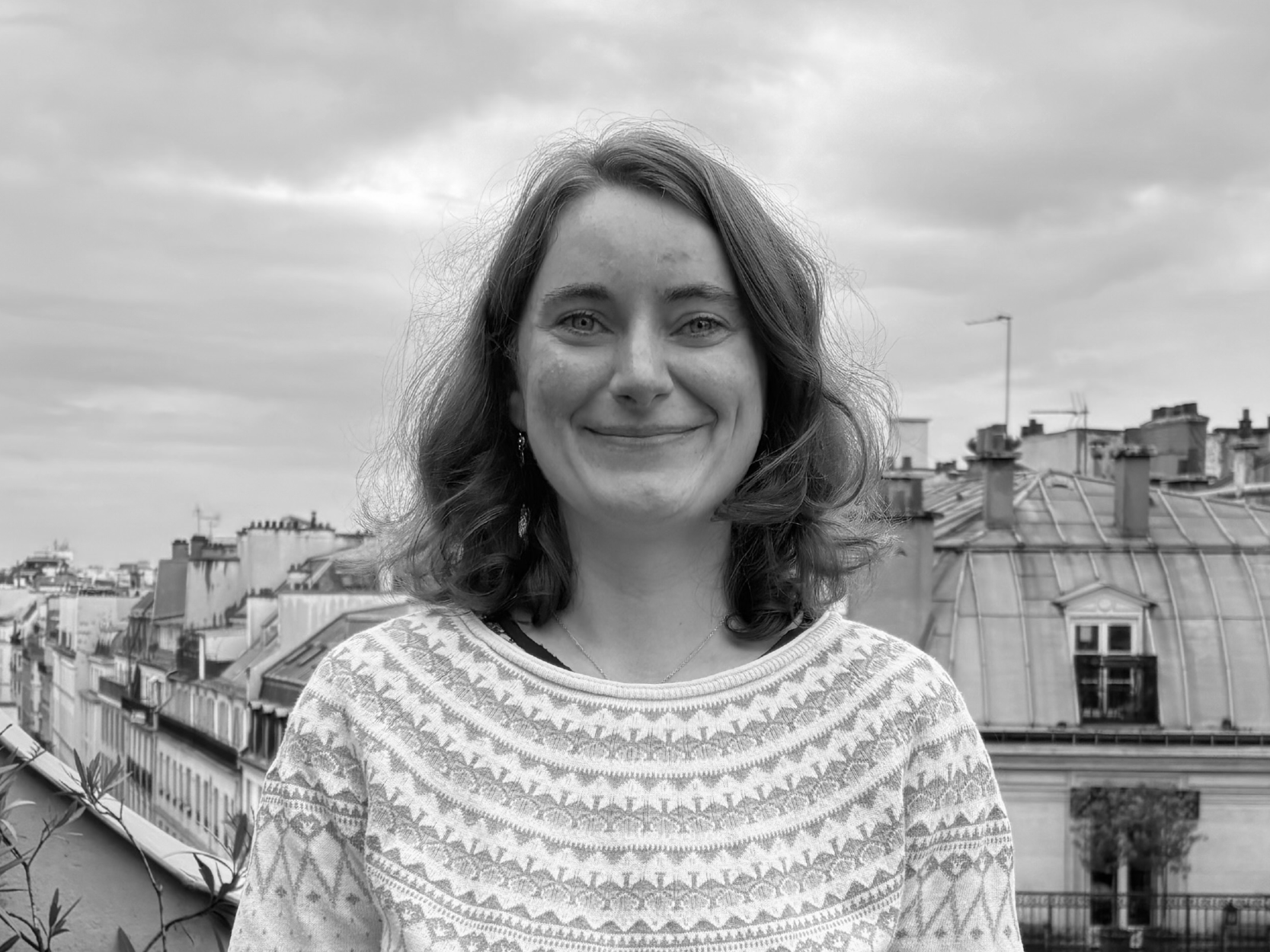
Lead Data Scientist
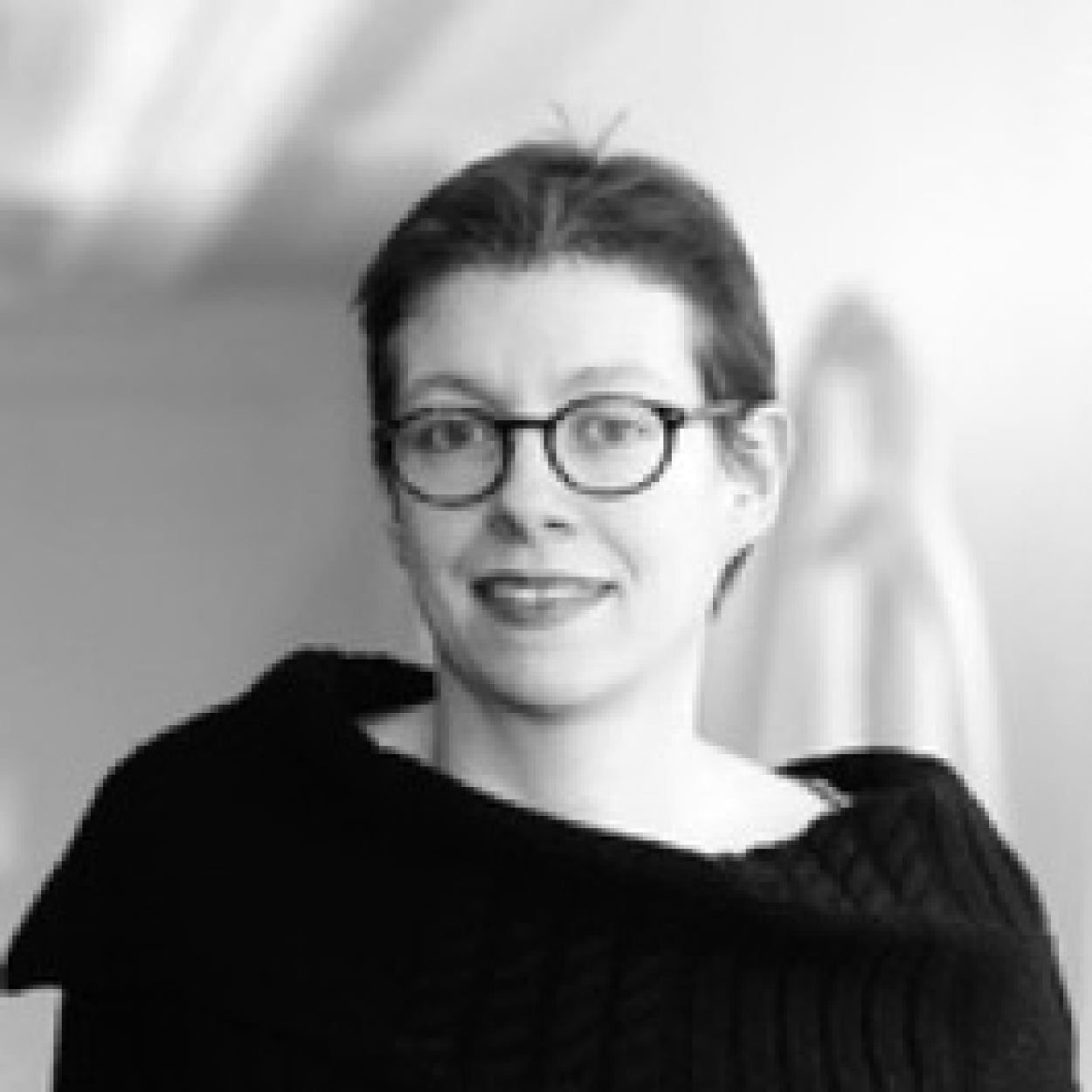
Mines ParisTech – Paris
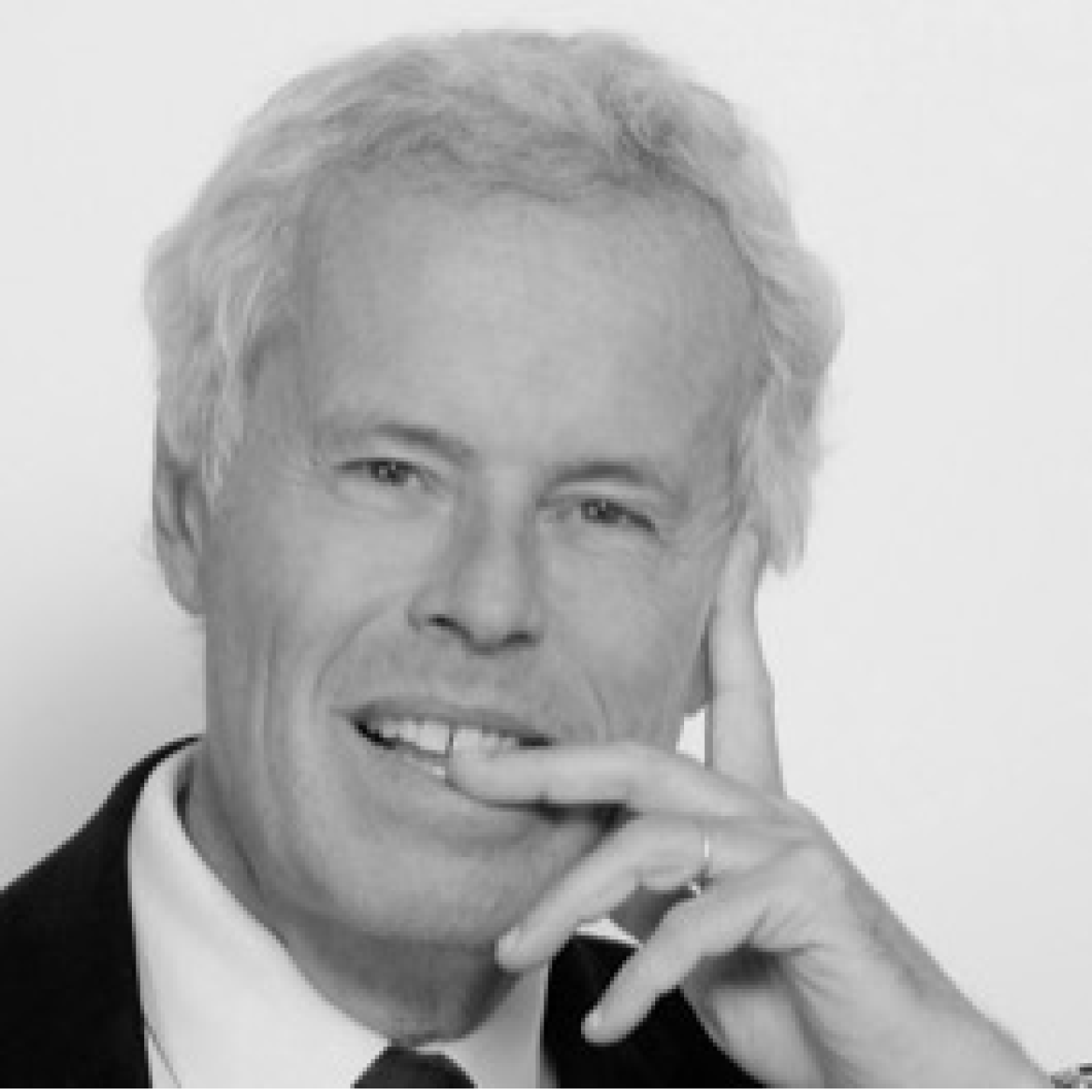
University of Paris – Paris
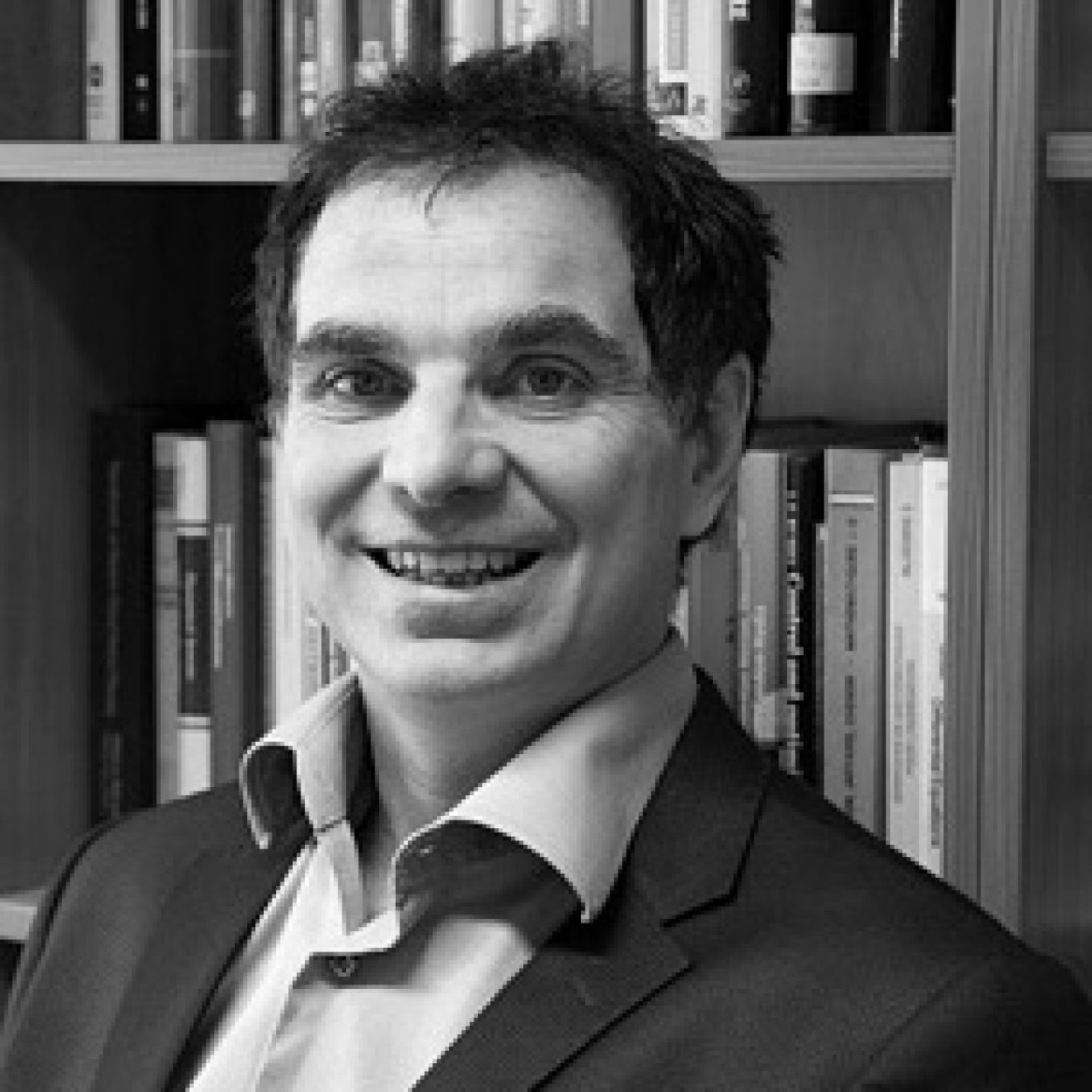
CNAM – Paris
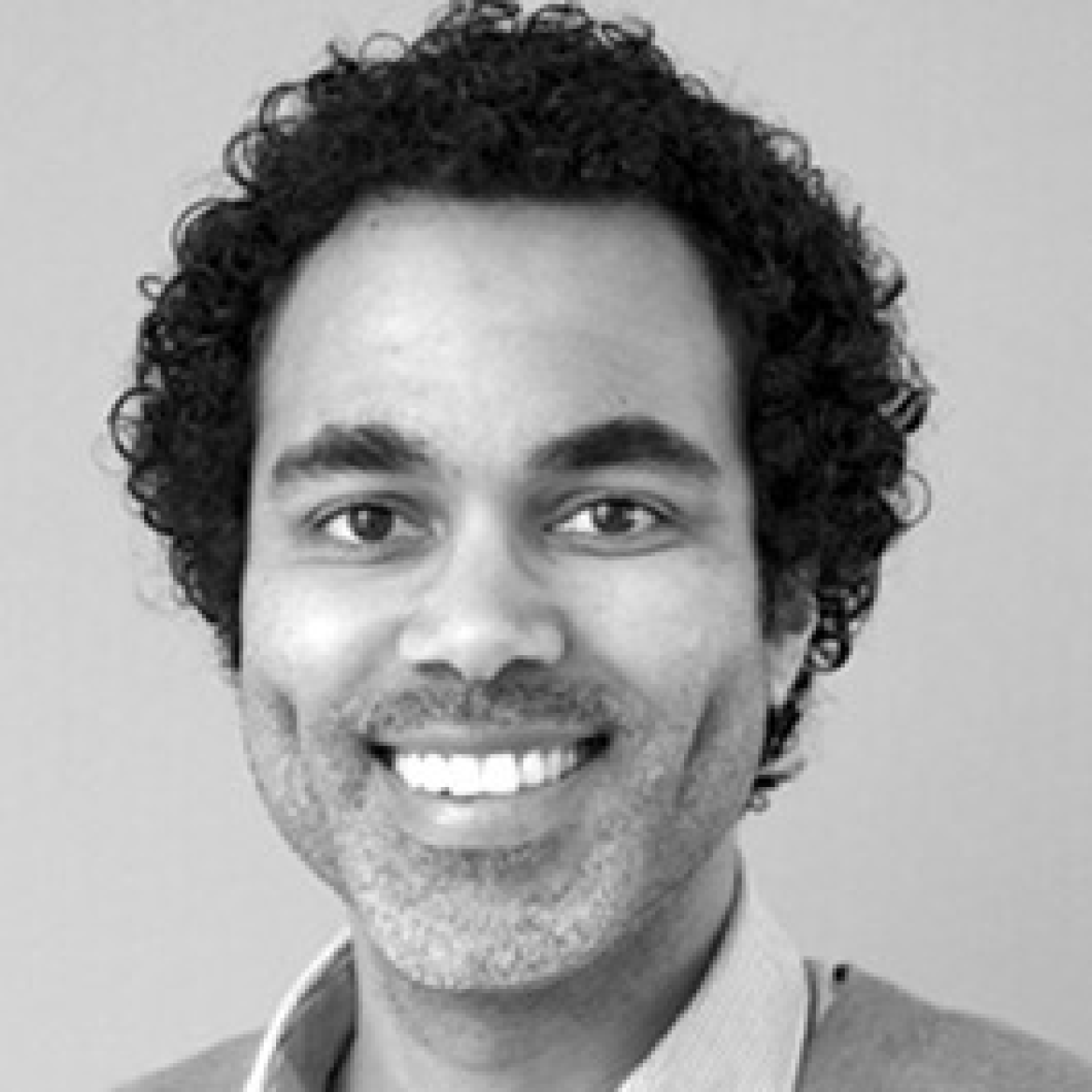
Harvard University – Boston

Join us on our journey towards a world where every patient benefits from therapies tailored just for them.

CEO & Co-founder
Akpéli is the Chief Executive Officer of Epigene Labs, which he co-founded in 2019. Initially establishing the company’s core R&D team in France, he later moved to the United States to advance the company’s business in its primary market.
He has received training and conducted research in cancer biology at Institut Curie in Paris and in computational biology at Massachusetts General Hospital in Boston. In addition to his research endeavors, he significantly contributed to the founding of Hello Tomorrow, a non-profit organization based in Paris that promotes deeptech entrepreneurship worldwide.
Akpéli earned a dual PharmD-PhD degree from Université Paris Cité and completed advanced research training at Harvard Medical School.
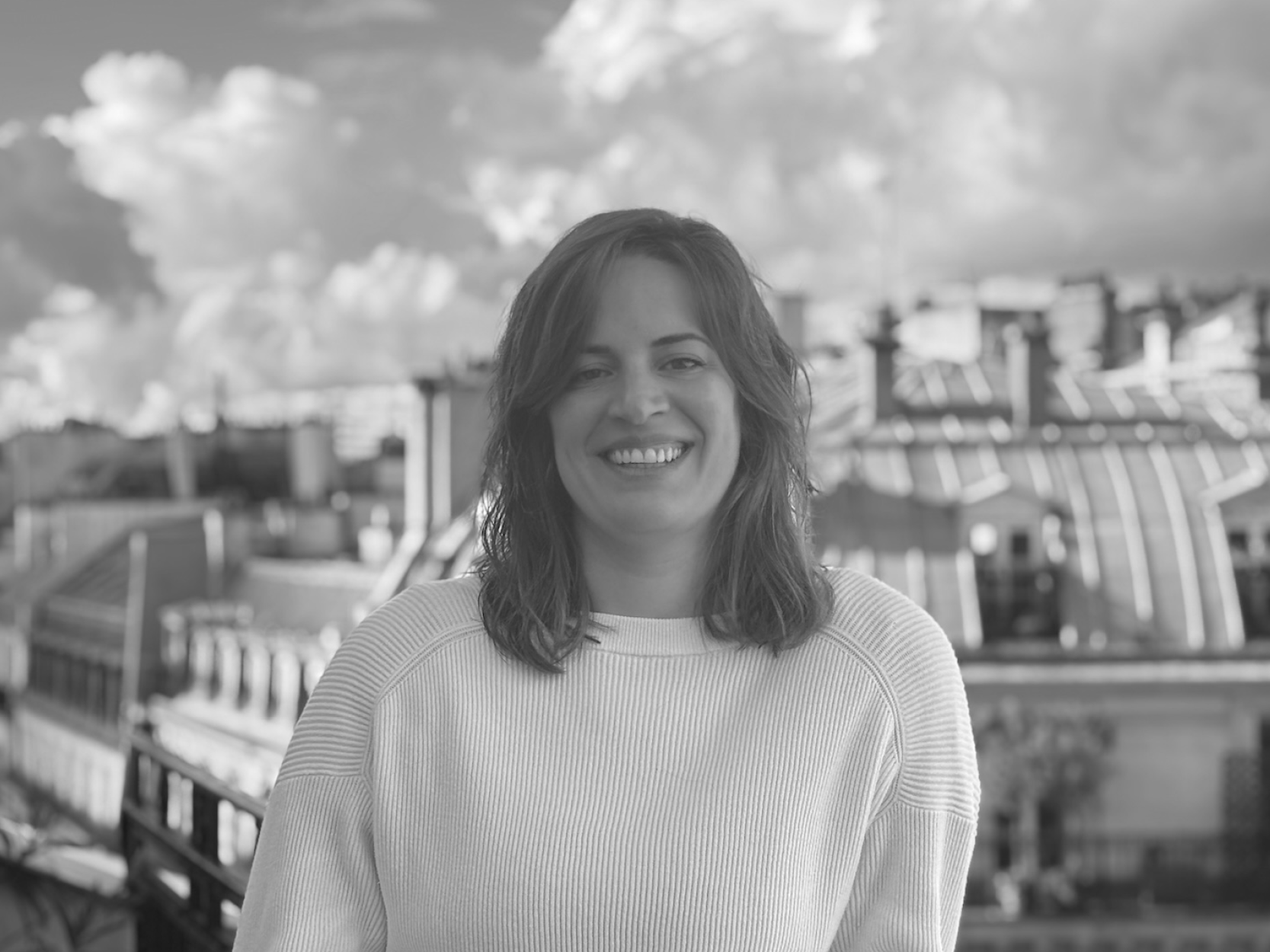
VP of Translational Research
As VP of Translational Research, Camille is part of the Leadership Team alongside the other VPs and the CEO. Together, they are responsible for turning the CEO’s vision into reality by defining strategy and overseeing the company’s operations. Camille also leads the Translational Research squad, which uses the company’s data and tools to conduct research programs that support the development of new treatments for cancer patients.
Prior to joining Epigene Labs, Camille started her career in academia working on innovative biotherapies for cardiovascular diseases. At Imperial College London, her doctoral research focused on developing novel biomaterial-based drug delivery systems for heart repair in collaboration with translational research labs at INSERM and University College London.
A pharmacist by training, Camille holds an MSc in Biomedical Engineering from Université de Paris / Paris Descartes, and a PhD in Bioengineering and Biomaterials from Imperial College London.
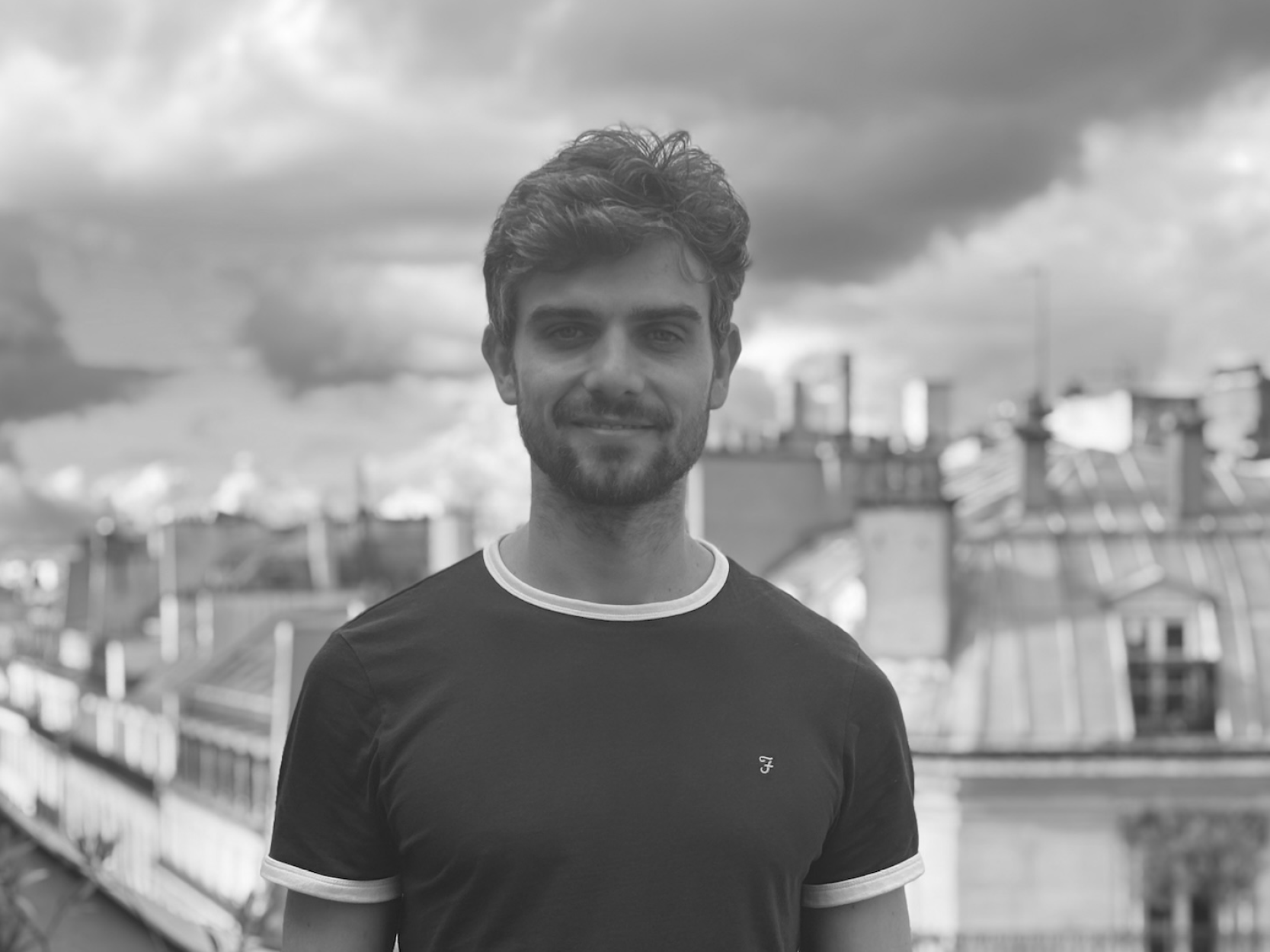
VP of Product, Data & Technology
As VP of Product Data & Technology at Epigene Labs, Julien is prototyping and testing AI-powered tools for the aggregation and analysis of genomic data from multiple sources. He is also highly involved in setting up the company’s technology stack.
Prior to joining Epigene Labs, Julien was a data science consultant in the Ernst & Young Advisory Experience Lab. He has also been a teaching assistant for the Accenture Chair in Strategic Business Analytics at ESSEC Business School.
Julien holds a PharmD from Université Paris Descartes as well as and MSc in data science from École CentraleSupélec and and MSc in management from ESSEC Business School (Grande École program).
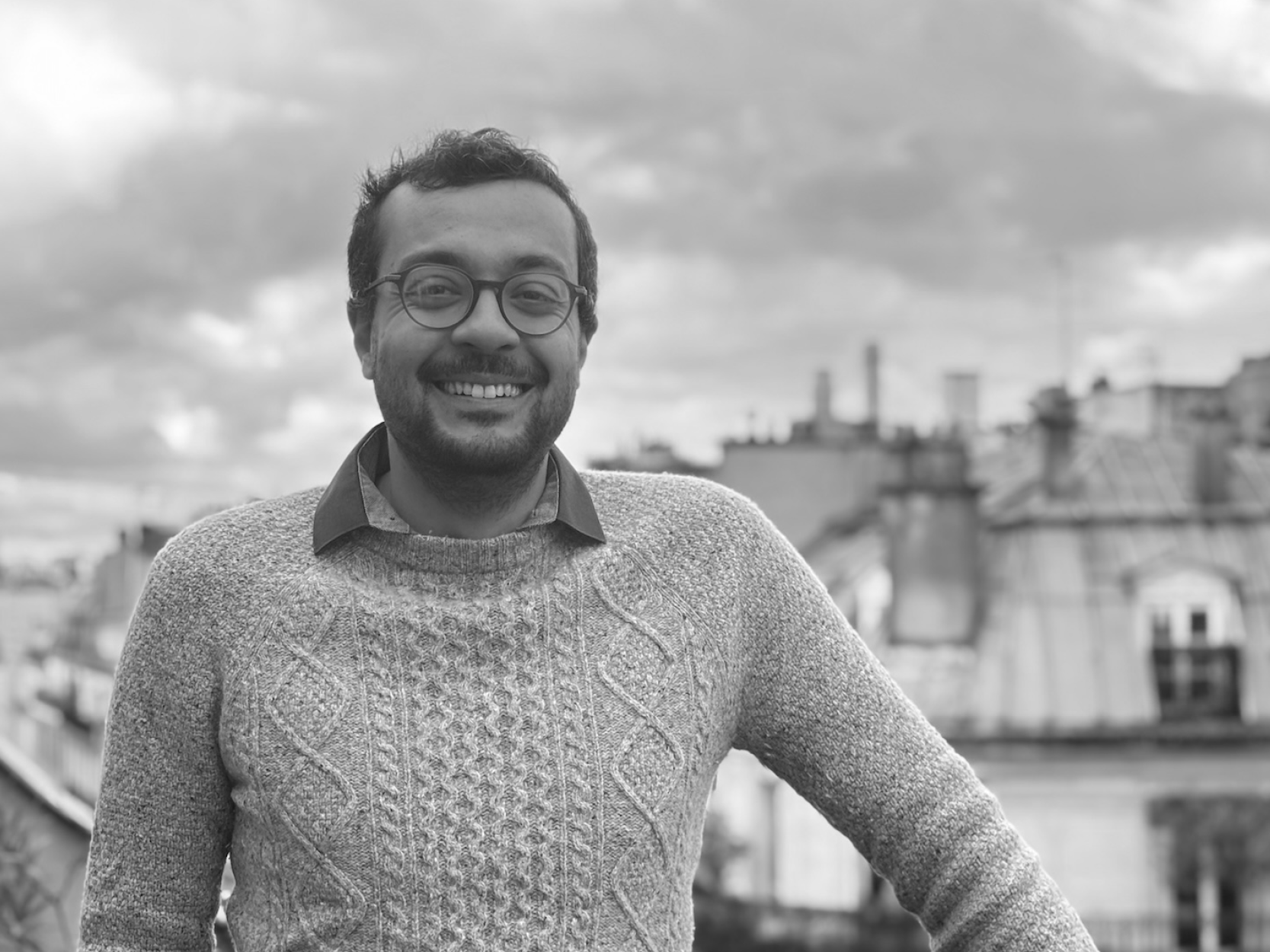
VP of Computational Research
As VP of Computational Research, Kader plays a key role in aligning Epigene Labs’ R&D strategy with the long-term vision of our CEO and Co-founder. He is responsible for designing our general and strategic roadmap, in collaboration with the Product and Translational Research teams.
Kader began his career in academic research, focusing on genetics, evolution, epidemiology and, more generally, mathematical modeling for biology. His doctoral? thesis, at the Collège de France and the Museum National d’Histoire Naturelle in Paris, focused on the detection and characterization of correlated evolutionary processes. He then carried out post-doctoral research at the University of Glasgow on modeling the dynamics and mechanics of epidemics in various environmental contexts.
He holds a master’s degree in fundamental computer science from ENS Paris-Saclay, and a double master’s degree in environmental science and policy from Sciences Po Paris and Université Pierre et Marie Curie. He obtained his PhD in genetics and bioinformatics in 2016 from Université Pierre et Marie Curie.
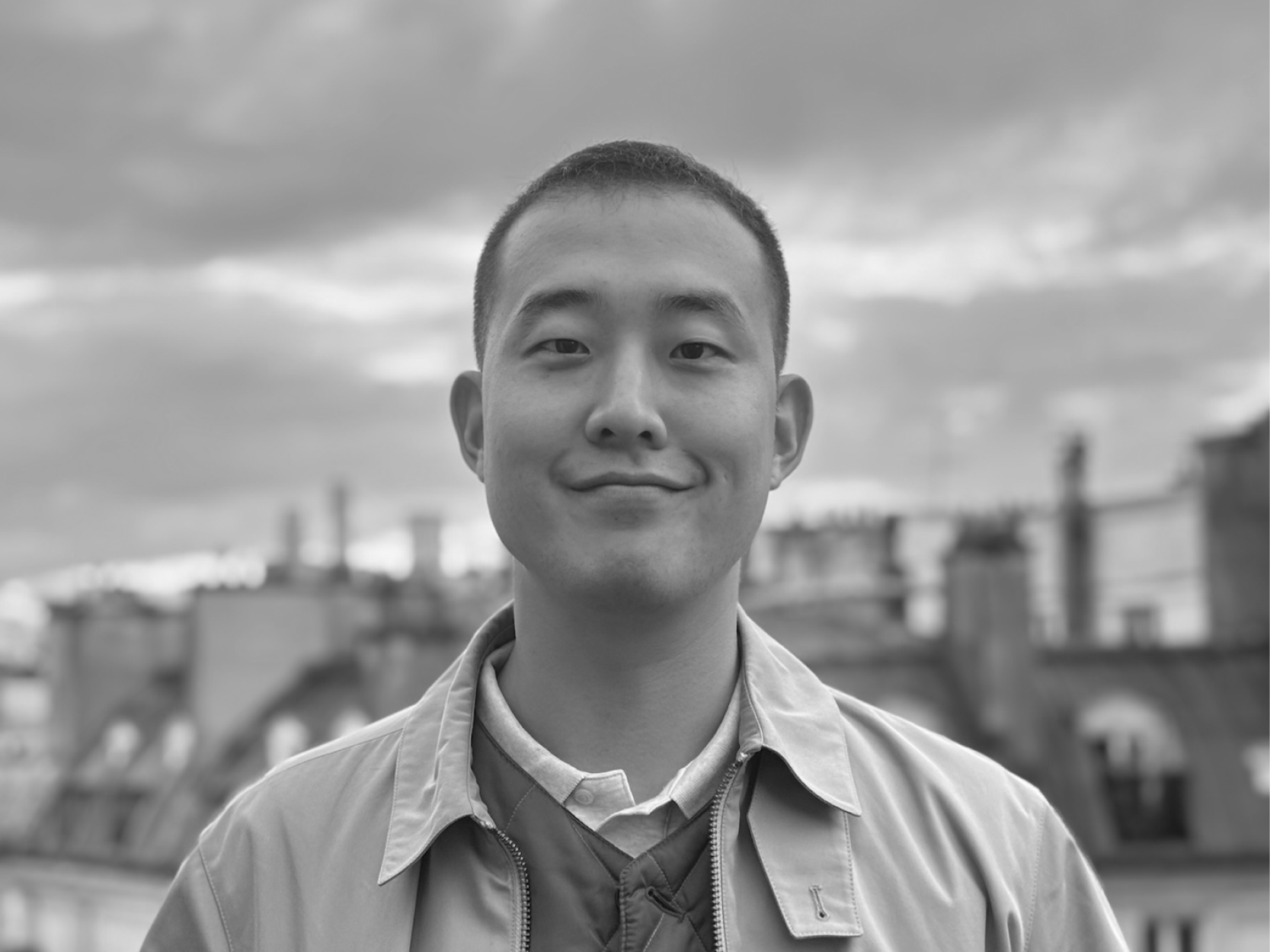
VP of Business Development
Kevin is VP of Business Development with core responsibilities in developing and cultivating collaborations with biopharmaceutical companies leveraging Epigene Labs’ mCUBE platform. Working closely with R&D, operations and the management team, his role is vital for developing corporate strategies that advance the company’s progress, expand market reach, and generate revenue streams.
Kevin has a BSc from the University of California, San Diego. He started his career in bench science at Sue & Bill Gross Stem Cell Research Center at the University of California, Irvine, where he explored basic biology of the Wnt signaling pathway. His first industry role was with a public-stage immunotherapy company, NeoStem, focused on clinical-stage cell therapies. He then spent time at Integrium where his primary responsibilities were financing Phase I/II clinical trials in micro-cap and small-cap biotech companies. He participated in deals with Viking Therapeutics, Trovagene (now Cardiff Oncology), and Processa Pharmaceuticals, amongst others. He then joined Envisagenics, a Cold Spring Harbor Laboratory spin-out, to drive the growth of the organization and build collaborations leveraging its AI-driven platform. He formed strategic partnerships with Johnson & Johnson, Biogen, and Bristol Myers Squibb. Most recently, prior to joining Epigene Labs, Kevin was part of the Samsung Biologics team spearheading its US expansion. He served time in the early development business unit and worked on constructing new partnership models with venture capital firms.
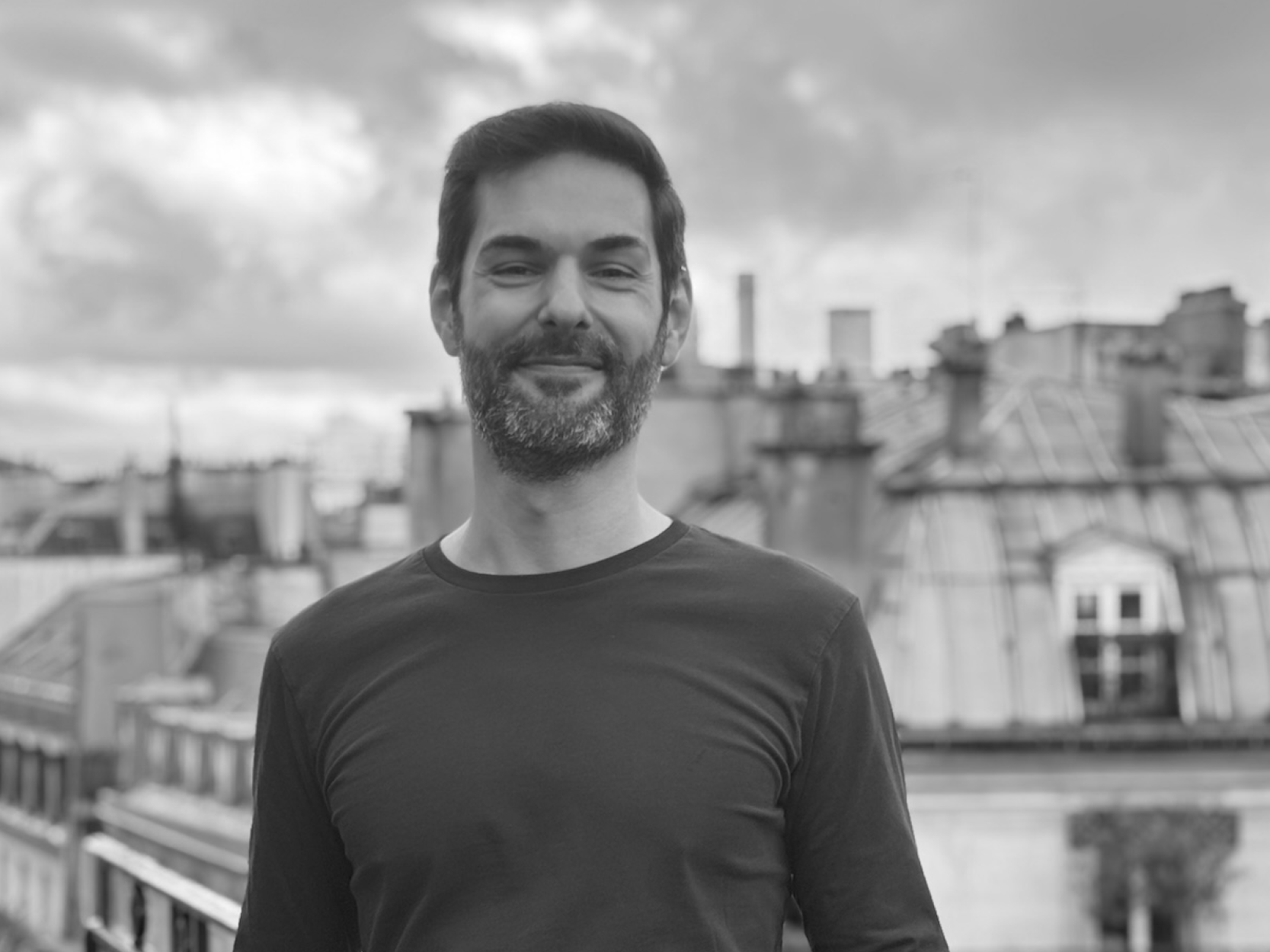
Lead People & Finance
As Lead People & Finance at Epigene Labs, Vincent oversees the company’s financial, administrative, and human resources operations. He manages cash flow, prepares financial forecasts, and delivers regular reporting to investors and board members. Vincent is also responsible for coordinating with financial partners, managing the company’s cap table and BSPCE plans, and overseeing accounting in collaboration with the executive assistant.
On the HR side, Vincent ensures smooth employee management, from recruitment to off-boarding, handling employment contracts, payroll, and social declarations. He also pilots HRIS tools, manages training and competency development plans, and oversees employee benefits.
In addition, Vincent plays a key role in legal and ESG matters, ensuring compliance with confidentiality agreements, intellectual property clauses, and supplier contracts. He oversees insurance policies, conducts carbon footprint assessments, and provides qualitative reporting to investors.

Lead Translational Scientist
As the Lead Translational Scientist at Epigene Labs, Eleonore leads and coordinates internal and collaborative research initiatives focused on Epigene’s precision oncology use cases. She works closely with multidisciplinary teams, utilizing and co-developing pipelines to generate clinically relevant insights for cancer patients.
Prior to joining Epigene Labs, Eleonore pursued academic research, beginning in oncology at the Rosalind & Morris Goodman Cancer Research Centre at McGill University, and later transitioning to respiratory diseases and immunology at the University of Cambridge. Her PhD investigated the role of neutrophils in the alveolar compartment of patients with Acute Respiratory Distress Syndrome (ARDS).
Eleonore holds a BSc in Anatomy and Cell Biology from McGill University, an MPhil in Clinical Science and Experimental Medicine from the University of Cambridge, and a PhD from the Department of Medicine at the University of Cambridge.

Lead Computational Biologist
As the Lead Computational Biologist at Epigene Labs, Solène spearheads the development and implementation of state-of-the-art bioinformatics algorithms and pipelines to analyze complex biological data. She collaborates with cross-functional teams to support oncology research and the development of the mCUBE platform.
She began her career as a research engineer specializing in imaging and genomic data analysis at the Institut de Biologie de l’École Normale Supérieure in Paris. Her work focused on studying the development of ependymal cells in relation to cilia pathologies, with a focus on cell morphology.
Solène holds an Engineering degree in Data Science from the Université de Technologie de Compiègne and a Master of Science in Applied Bioinformatics from Cranfield University.

Lead Product Manager
As the Lead Product Manager at Epigene Labs, Shashwat oversees the orchestration of the company’s roadmap and product vision. Acting as the voice of Epigene Labs’ users, he ensures their needs are thoroughly understood and addressed. He is also responsible for designing processes and frameworks to translate state-of-the-art research into impactful solutions for end users.
Shashwat has a background in DeepTech product management, specializing in building DeepTech products from the ground up & scaling products in complex research-driven ecosystems including Adtech and Humanoid Robotics amongst others.
He holds a BSc in Technology from the Indian Institute of Technology and an MA Management from ESSEC Business School focusing on innovation and complexity management.

Lead Software Engineer
Benjamin is a software engineer specializing in designing advanced tools to drive the discovery of new therapeutic targets in oncology. As Lead Software Engineer, he is responsible for the development of the mCUBE platform, a scalable and secure ecosystem that offers tools through an intuitive interface, optimizing the utilization of biological data.
Before joining Epigene Labs, Benjamin began his career at Traaser, a CEA spin-off, where he contributed to the development of a biological sequence visualization platform aimed at facilitating the comparison of complex and varied omic data.
He holds an MSc bioinformatics from Université Paris-Diderot and joined Epigene Labs in 2020, where he seeks to combine technical expertise with an understanding of biological challenges in the field of biotechnology.

Lead Data Scientist
As a Lead Data Scientist at Epigene Labs, Clémence oversees the data ecosystem, focusing on building scalable and efficient data pipelines, as well as developing AI/ML algorithms to integrate and leverage omic data.
Prior to joining Epigene Labs, Clémence spent five years at Alstom as a Data Scientist, where she focused on developing and industrializing predictive maintenance solutions. She also contributed to redesigning a production data pipeline to process pharmaceutical data at scale during time at IQVIA.
Clémence holds an engineering degree from both École Centrale de Nantes and KTH Royal Institute of Technology, with a specialization in biomedical engineering at KTH.

PhD – Mines ParisTech – Paris
Chloé-Agathe Azencott is an assistant professor at the Centre for Computational Biology (CBIO) of Mines ParisTech, Institut Curie and INSERM, the French National Institute of Health and Medical Research. Her research focuses on the development of methods for efficient multi-locus biomarker discovery. It has numerous applications, in particular in precision medicine, for the development of treatments that are adapted to the (genetic) characteristics of patients, in contrast to a classical one-size-fits-all approach. She completed her PhD in computer science in 2010 with a focus on chemoinformatics at the University of California, Irvine. From 2011 to 2013, she worked as a postdoctoral fellow in the Machine Learning & Computational Biology Lab of the Max Planck Institute in Tübingen, Germany. Her research there focused more on the other side of the coin, namely the search for the genetic determinants of diseases. She joined CBIO in 2013 where her research centers on multi-locus analysis of GWAS data, learning from graphs, biomarker discovery, and learning from multi-modal data, including electronic health records.

PharmD, MD, PhD – University of Paris – Paris
Dominique Bellet is professor emeritus of immunology at Université de Paris (formerly Université Paris Descartes) where he has been a member of the faculty since 1987. He has also been a member of the faculty of Harvard Medical School and the Massachusetts General Hospital since 1983. Since 1982, he has been physician in charge of pathology laboratories in comprehensive cancer centers and specialized in the diagnosis and follow-up of cancers using tumor biomarkers. He was the head of pathology at Gustave Roussy until 2005, and then head of oncobiology at Institut Curie’s Hôpital de Saint-Cloud until 2018. His main scientific interest is the characterization of biomarkers and the translation of basic research findings into clinical practices and new medicines. His translational research group has developed five tests for the diagnosis and follow-up of liver, bladder, thyroid, testis, or placental cancers; the screening of Down’s syndrome; and the diagnosis of sepsis. These tests have been used routinely by thousands of laboratories in more than 90 different countries around the world and have benefited about 200 million patients to date. He is the co-author of more than 150 scientific publications and co-inventor of 19 patents. Dr. Bellet earned a PharmD degree in 1973 from Université Paris-Sud, an MD degree in 1982 from Université Pierre et Marie Curie, and a PhD in immunology in 1985 from Université Paris-Sud.

MD, PhD – CNAM – Paris
Jean-François Zagury has held the Chair of Bioinformatics at the Conservatoire National des Arts et Métiers (CNAM, Paris) since 2004. He is the director of the Laboratory Genomics, Bioinformatics, and Molecular Chemistry (EA7528) with 35 researchers. His research focuses on understanding the molecular etiology of human diseases, with the consequent development of new therapeutic approaches using computational methods for genomics and drug design. His work thus relies heavily on computer tools to leverage biological data in the development of new therapeutic approaches. His research efforts have led to more than 145 scientific publications, 22 patents, and 4 copyrights. He also co-founded two biotech companies: Néovacs, as CEO from 1992 to 1998, and then as co-CSO from 2002 to 2003; and Peptinov, more recently. Dr. Zagury completed a dual curriculum in computer science (MSc in artificial intelligence) and in biology (MSc in immunology) as a student at École Normale Supérieure de la rue d’Ulm from 1982 (initial major in math). He subsequently completed a PhD in immuno-virology at the National Institute of Health (Bethesda, USA) in Prof. Robert Gallo’s Laboratory from 1987 to 1990. In parallel, he also completed his medical school cursus in 1992 at the Faculty Broussais-Hotel-Dieu.

PhD – Harvard University – Boston
Martin Aryee is an assistant professor in the department of pathology at Massachusetts General Hospital and Harvard Medical School, and an institute member of the Broad Institute of MIT and Harvard. Aryee’s lab develops computational and statistical methods for studying the genetic and epigenetic basis of cancer and other diseases. Most of their work has focused on improving the understanding of how aberrations in the physical and chemical structure of DNA within the nucleus is linked to cancer and other common diseases. Projects range from basic biology, to probing how DNA misfolds in cancer cells, to clinical applications aiming to develop blood tests for early detection of cancer. His lab also develops tools that aim to enable the safe translation of gene editing techniques such as CRISPR into human therapeutics. He also holds a secondary appointment as an assistant professor in the Department of Biostatistics at the Harvard T.H. Chan School of Public Health, where he teaches an introductory course in statistical genetics. Dr. Aryee earned an MEng in electronic engineering from Imperial College London, and an MSc in neuroscience at King’s College London. He subsequently earned a PhD in biostatistics from the Harvard T.H. Chan School of Public Health.